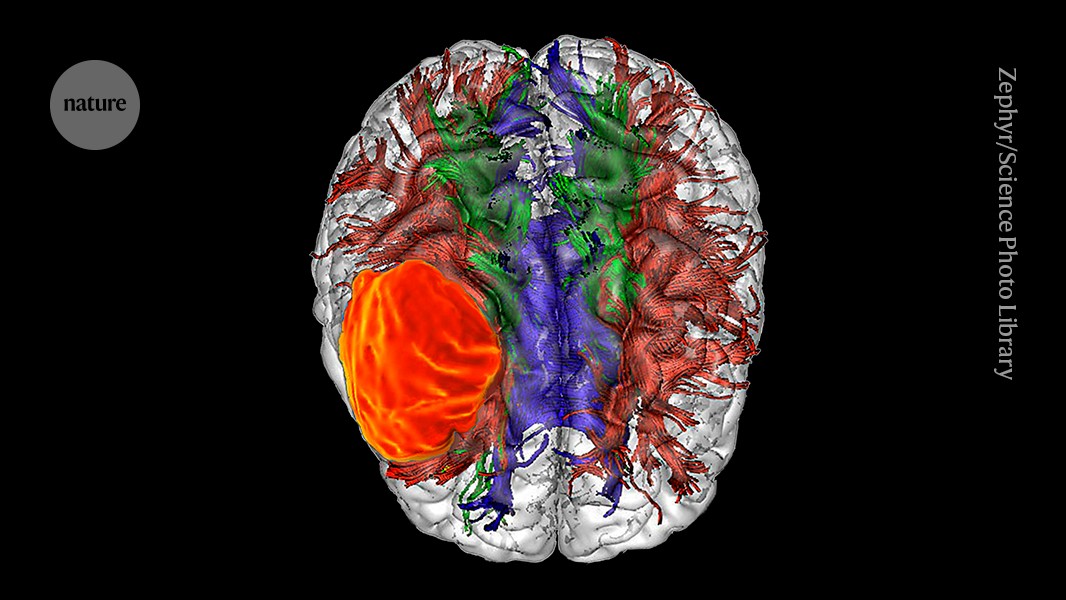
"Experiments show that many brain tumours called glioblastomas grab serine, a crucial amino acid, from their environment rather than synthesizing it themselves: a metabolic Achilles' heel. The scientists fed mice with certain kinds of glioblastoma a diet that lacked serine and found that the rodents' tumours, unable to get their fix the usual way, grew more slowly. The animals also lived longer."
"Tumours filch sugar and other resources from their hosts. Cancers then use this loot to run their own metabolic pathways - the network of chemical processes that turn food into useful molecules - doing "whatever it takes to grow and grow and grow," says study co-author Andrew Scott, a cancer neuroscientist at the University of Michigan in Ann Arbor. To understand how that strategy works for glioblastomas, the authors of the Nature paper studied eight people who underwent surgery to remove their brain tumours."
Glioblastomas invade brain tissue rapidly and typically regrow after surgery, chemotherapy and radiation, with most patients surviving only one to two years. Tumours scavenge nutrients such as sugar and serine from host tissue to fuel metabolic pathways that support aggressive growth. Many glioblastomas prefer to import serine from the environment rather than synthesize it de novo, creating a metabolic vulnerability. Mice bearing certain glioblastomas fed a serine-free diet developed slower-growing tumours and lived longer. During surgery in eight patients, isotope-labelled sugar was infused and tumour and surrounding brain samples were analysed to trace metabolic uptake. Targeting serine availability offers a potential therapeutic strategy to slow tumour progression.
Read at Nature
Unable to calculate read time
Collection
[
|
...
]